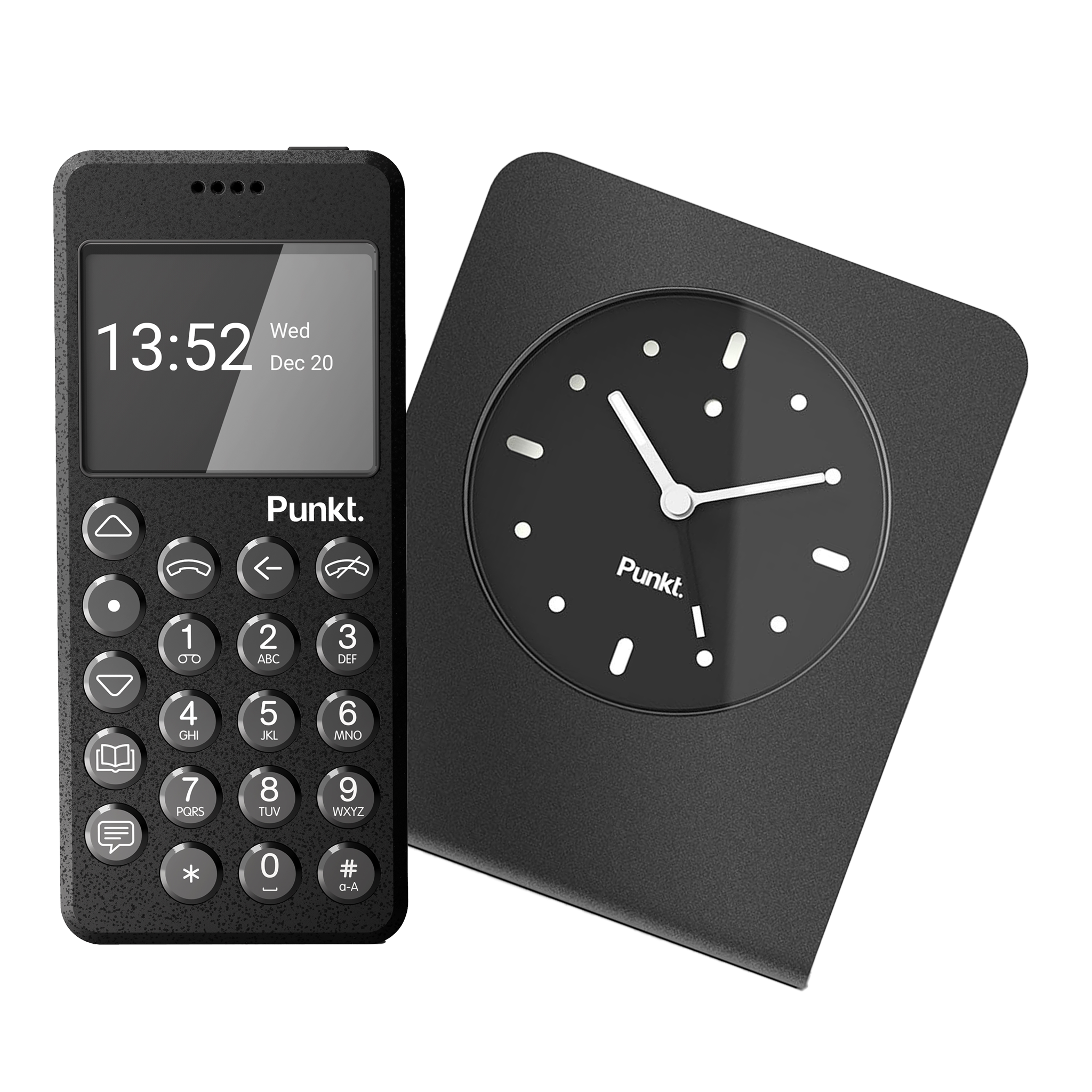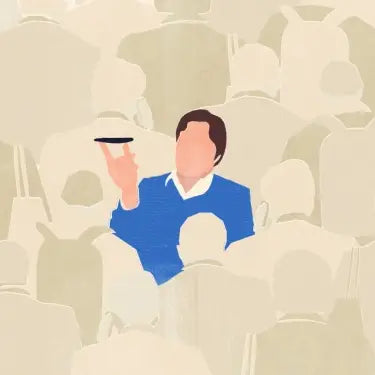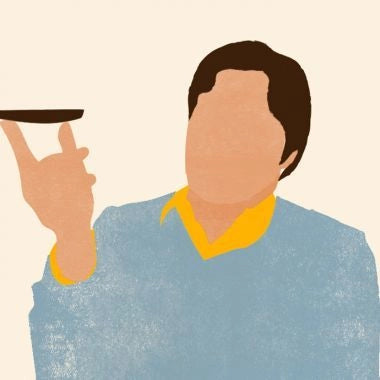360 Stunden ohne mein iPhone. (Und es geht weiter.)

Wie die meisten meiner Generation lebe ich in und auf meinem iPhone 6. Das ist keine Übertreibung. Die fantastische (und ziemlich beängstigende) App „Moment“ sagt mir, dass ich 8 % meines wachen Lebens mit dem iPhone verbringe. Ich hebe es jeden Tag über 110 Mal auf. Erschreckenderweise benutze ich mein iPhone am Wochenende – also wenn ich am meisten mit meinen Kindern zusammen bin – mehr als während der Arbeit.
Ich bin 38. Angenommen, ich werde 85, was statistisch gesehen realistisch ist, und schlafe die Hälfte der Zeit, bleiben mir 23,5 wache Lebensjahre. Davon werde ich 1,88 Jahre mit dem iPhone verbringen.
1,88 Jahre meiner verbleibenden Zeit auf diesem Planeten. Scheiß drauf.
Ich verbringe keine 8 % meines wachen Lebens mit Lesen, Sport oder Spaziergängen mit meiner Familie. Ich würde gerne glauben, dass ich meine Zeit halbwegs produktiv nutze und ein ziemlich glücklicher Mensch bin – aber ich bin mir sicher, dass ich bessere Wege kenne, 1,88 Jahre meines Lebens zu verbringen, als auf ein Smartphone zu starren.
Smartphones sind das Rauchen unserer Generation – und ich bin ein starker Raucher. Mir ist das schon länger bewusst.
Moment zeigt mir, dass ich Twitter am meisten nutze, gefolgt von der RSS-Reader-App Reeder, der Podcast-App Overcast und allem anderen.
Das Ding ist: Ich liebe mein iPhone. Ich liebe alles daran. Aber ich glaube nicht, dass es klug ist, 2–3 Stunden täglich damit zu verbringen.
Die Punkt.-Phone-Challenge kam genau zur richtigen Zeit. Es ist Sommer, und als Akademiker habe ich weniger Verpflichtungen, abgesehen vom Schreiben. Außerdem hatte ich am Wochenende eine schöne Mischung aus Freizeit und Reisen.
Ich begann die Challenge am Donnerstagabend, dem 5. August. Ich schickte einen Tweet, der sie ankündigte – und der Spaß begann.
Das Auspacken des Telefons war ein schönes Erlebnis. Die Verpackung ist durchdacht und elegant, die Anleitungen sind sehr klar, und das Telefon selbst liegt gut in der Hand und ist natürlich sehr einfach.
Sobald ich startklar war, schickte ich ein paar SMS an Freunde, um ihnen mitzuteilen, dass sie mir nicht mehr über WhatsApp oder andere iPhone-Dienste schreiben sollten – und dann machte ich mit dem Handy im Grunde nichts mehr.
<









